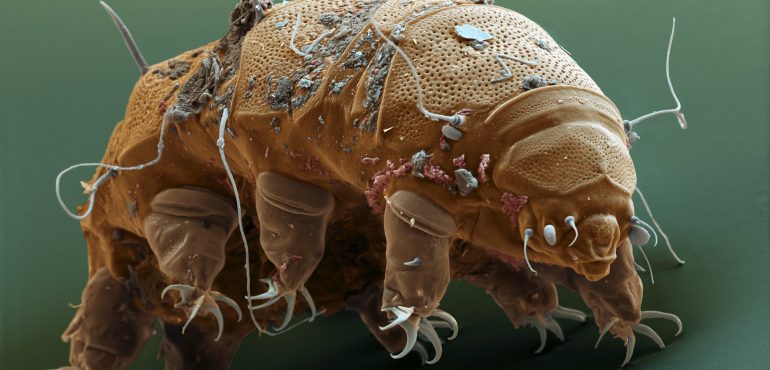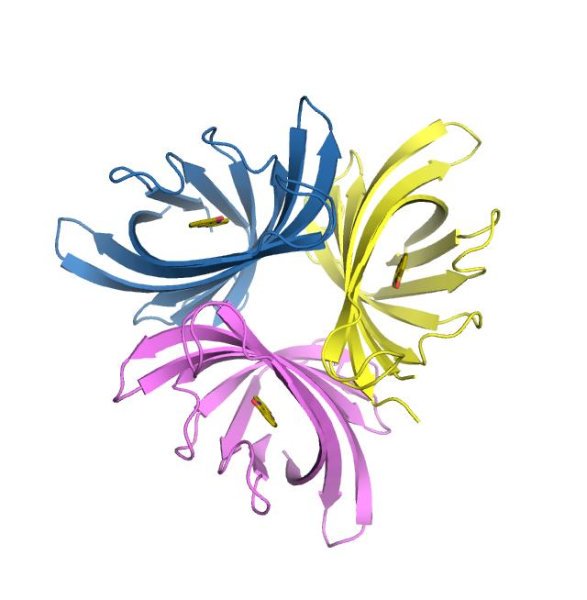Microscopic, blobby-bodied tardigrades — also known as "water bears" — are famed for their ability to survive in extreme conditions, even appearing to come back from the dead. But although tardigrades' hardiness has intrigued scientists for over 250 years, the mechanisms that enable these animals to recover after drying out for a decade or longer…
Read more
Key to Tardigrades’ ‘Superpowers’ Identified in Their DNA










